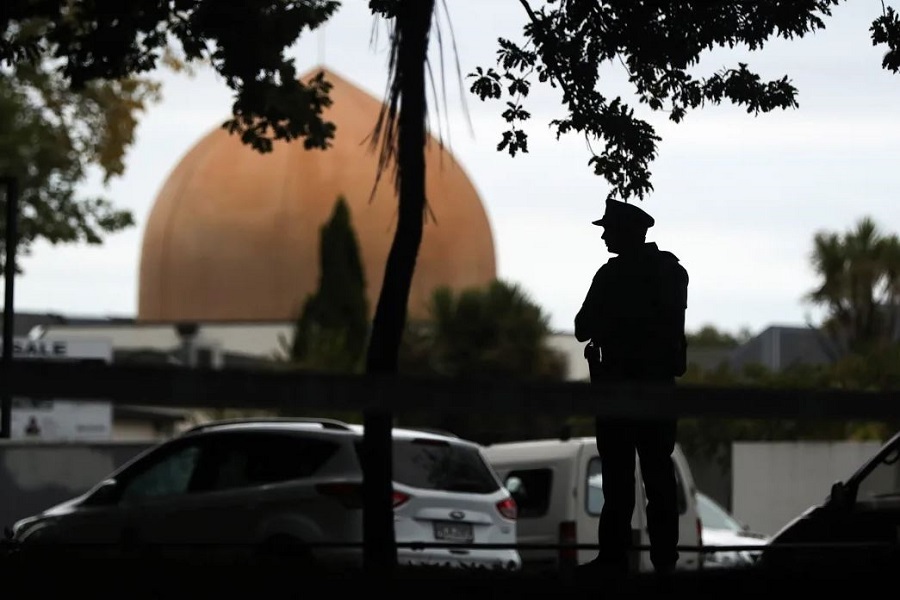Study Finds High Rates of Mental Health Struggles Among Christchurch Muslims After 2019 Attack

The research, part of the March 15 Project, examined the long-term impact of the terrorist attack that killed 51 people and injured 40 during Friday prayers. The findings were presented by University of Otago researchers at the Royal Australian and New Zealand College of Psychiatrists conference in Dunedin, according to rnz.co.nz.
Professor of Psychiatry Caroline Bell, co-lead of the study, said researchers found widespread post-traumatic stress disorder (PTSD) and depression among survivors and witnesses.
“Depression was the most significant disorder that people had,” she noted. Bell added that those who witnessed the shootings but were not physically injured also faced a high risk of PTSD, warning that “that group can often get forgotten” when support is provided.
Read More:
Nearly 190 Muslims took part in the research, representing 34 ethnic backgrounds. Many were bereaved, injured, or present at the mosques during the attacks. Close to 90 percent had migrated to New Zealand, with most reporting earlier experiences of trauma such as war or natural disasters.
Associate Professor Ben Beaglehole, another co-lead, highlighted that researchers also looked for positive psychological changes. He said participants showed high levels of what is known as post-traumatic growth, measured through personal strength, spiritual change, and appreciation of life. According to Beaglehole, the community’s shared faith and the public support they received after the attacks contributed to this outcome.
Religion also played a central role in coping. “We know that some of them may have questioned their religion in the aftermath, but as a group, the role of religion appeared to be an important mechanism by which they could make sense and grow through their experiences,” Beaglehole said.
Dr Shaystah Dean, a clinical psychologist and senior research fellow, cautioned against treating the Muslim community as one homogenous group. She said individual experiences varied widely but common themes included “a silent and enduring impact” and hidden emotional tolls alongside renewed purpose and faith.
Read More:
The study also shed light on challenges faced by local Muslims who were hired to provide support after the attacks. Dr Ruqayya Sulaiman-Hill said many support workers were themselves survivors or bereaved, creating blurred boundaries between personal grief and professional duty.
“Some people, they were bereaved. Some had actually been shot in the mosque, some were survivors from the mosque, and yet they were still working in the roles to support others,” she said. Despite the emotional burden, most said they would do it again.
Researchers concluded that while many in the community found strength, the need for long-term mental health support remains urgent. Ongoing stresses such as children growing up without parents and judicial proceedings continue to weigh on survivors.
A planned second phase of the March 15 Project, intended to track outcomes five years after the attack, was not funded.
Source: Agencies



